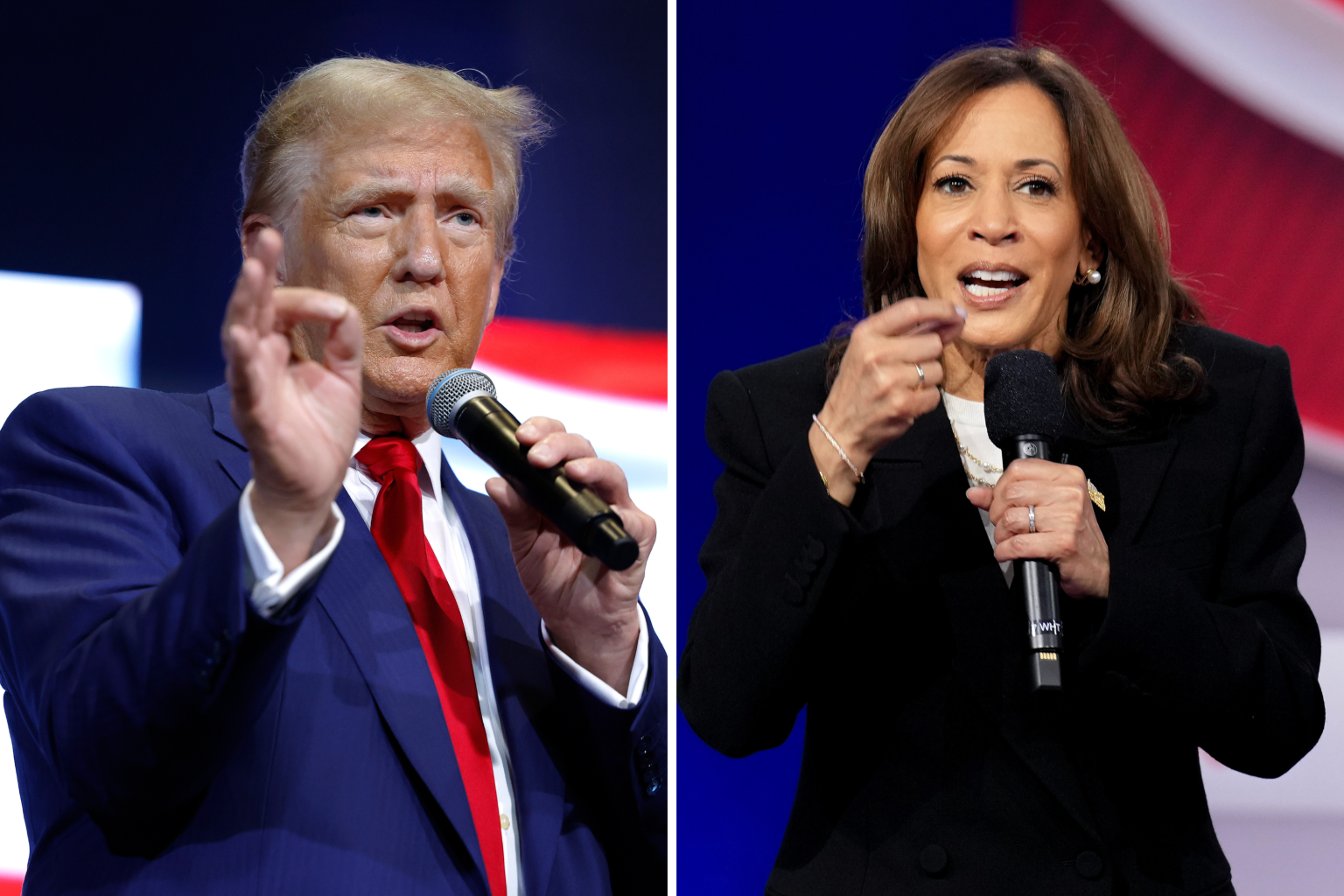The Washington Post announced that it would not endorse any candidate in the 2024 presidential race, creating backlash from Democrats and newsroom members. Users on social media criticized the decision, with some canceling their subscriptions to the newspaper. The Washington Post Guild noted that they were already seeing cancellations from once loyal readers in response to the non-endorsement. Some pointed out the paper’s slogan, “Democracy Dies in Darkness,” questioning why they were not taking a stand on who is fit to be president.
The decision not to endorse a presidential candidate was a departure from the newspaper’s history of endorsing candidates, including Joe Biden in 2020 and Hillary Clinton in 2016. The editorial board previously harshly criticized Donald Trump in their 2016 endorsement of Clinton, describing him in negative terms. Publisher William Lewis stated that The Washington Post was returning to its roots of not endorsing presidential candidates, emphasizing their commitment to providing nonpartisan news and independent reporting. The Washington Post Guild revealed that an endorsement of Kamala Harris had already been drafted but was not published.
Criticism of the decision not to endorse a candidate extended beyond social media users to newsroom members. Editor-at-large Robert Kagen resigned from the editorial board in response to the decision, and former executive editor Martin Baron criticized the move as cowardice and damaging to democracy. Some saw the decision as a form of self-censorship and fear of repercussions from authoritarian figures, questioning the management’s priorities. The lack of endorsement also raised concerns about the implications for democracy and freedom of the press.
The involvement of Jeff Bezos, owner of The Washington Post, in the decision not to endorse a candidate added another layer of controversy. The Washington Post Guild noted that the choice not to publish the drafted endorsement of Harris was made by Bezos himself. Editor David Shipley had reportedly approved an editorial endorsement for Harris that was in the process of being drafted before the decision was made. The role of a billionaire tech giant in influencing editorial decisions raised questions about the independence and integrity of the newspaper.
The aftermath of The Washington Post’s decision not to endorse a presidential candidate highlighted divisions within the Democratic Party and the news media landscape. Supporters of Kamala Harris and other Democrats expressed disappointment and frustration over the non-endorsement. The incident also underscored concerns about the influence of powerful individuals on media organizations and the potential impact on journalistic integrity. As the 2024 presidential race unfolded, the controversy surrounding The Washington Post’s stance added to the ongoing debates about media bias, freedom of the press, and the role of journalism in shaping public opinion.


